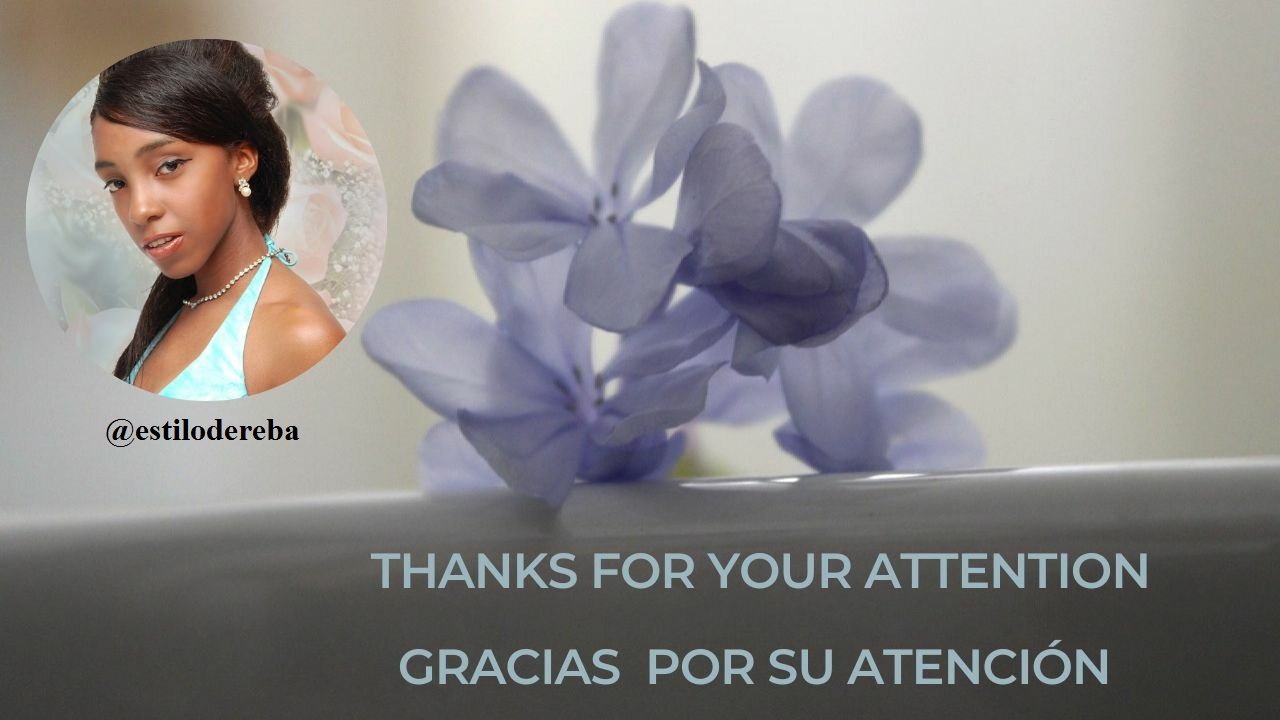English
Hello to all community members.
On Friday morning, I attended the youth workshop organized by the Institute of Geology and Paleontology of Cuba, under the expert guidance of Professor Bienvenido. We began our tour of Old Havana, where we explored fascinating topics such as differential erosion affecting the historic walls of the city, a natural process that causes uneven wear on rocky materials and ancient constructions, reflecting the geological and urban history of the area.

During the workshop, the professor also highlighted the presence of stylolites in some structures, geological formations that reveal changes in pressure and stress over time, key to understanding the evolution of the natural and built environment of Old Havana.

Finally, the activity concluded at the Museum of Natural Sciences of Cuba, which I had not visited since I was a child. There, we all began observing specimens such as turtles and fossil crustaceans. These types of places are essential, especially for children, so they understand the importance of preserving natural and cultural heritage.






These types of workshops for young people have been held for some time at the Institute. The idea is to strengthen our bond, express our concerns, and acquire knowledge through scientific education and appreciation of heritage, encouraging us to be active participants in the understanding and care of our environment.



I hope you enjoyed the tour.
Español
Hola a todos los miembros de la comunidad.
En la mañana del viernes estuve presente en el taller para jóvenes que organizó el Instituto de Geología y Paleontología de Cuba, bajo la guía experta del profesor Bienvenido. Iniciamos nuestro recorrido por La Habana Vieja, donde exploramos temas fascinantes como la erosión diferencial que afecta los muros históricos de la ciudad, un proceso natural que provoca desgaste desigual en materiales rocosos y construcciones antiguas, dando cuenta de la historia geológica y urbana de la zona.

Durante el taller, el profesor también destacó la presencia de estilolitos en algunas estructuras, formaciones geológicas que revelan cambios de presión y tensiones a lo largo del tiempo, claves para entender la evolución del entorno natural y construido de La Habana Vieja.

Finalmente, la actividad concluyó en el Museo de Ciencias Naturales de Cuba, que no visitaba desde niña. Allí todos nos pusimos a observar ejemplares como tortugas y crustáceos fósiles. Estos tipos de lugares son imprescindibles, sobretodo para los niños, para que entiendan la importancia de preservar el patrimonio natural y cultural.






Estos tipos de talleres para jóvenes se vienen haciendo desde hace cierto tiempo en el Instituto, la idea es fortalecer nuestro vínculo, expresar nuestras inquietudes y adquirir conocimientos, mediante la educación científica y el aprecio por el patrimonio, incentivándonos a ser parte activa del conocimiento y cuidado de nuestro entorno.



Espero que el recorrido haya sido de su agrado.
Translated with DeepL.com (free version)
Images were taken by me

